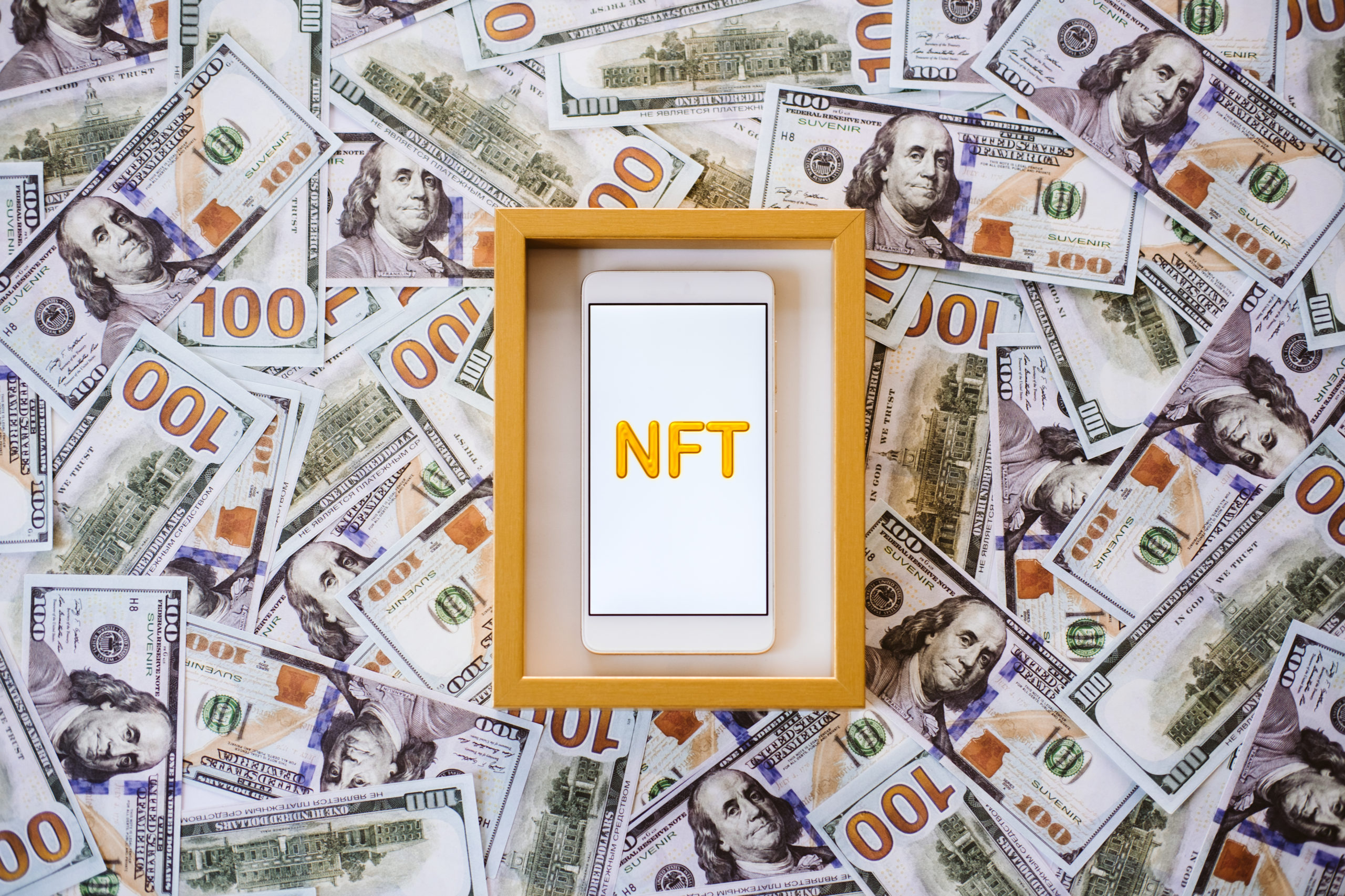JetBlue and Spirit Unions Split on Airlines’ Merger
In the past, it has taken 12 to 18 months to integrate airlines after a merger closes. To hasten that process, Mr. Hayes said, JetBlue has started to plot out the decisions that it would need to make.
“There’s a lot of wood to chop, but I couldn’t be more pleased with the start that we’ve made,” he said. “The partnership between the JetBlue and Spirit teams has just been excellent.”
The Transport Workers Union, some progressive lawmakers and consumer groups have expressed concern that the merger would further concentrate power in a heavily consolidated industry. They also worry that the elimination of Spirit would remove a competitive force that had acted to lower fares in the markets where it flew, harming consumers and workers.
After the sale, JetBlue would gain a majority market share on more than a dozen routes where neither it nor Spirit previously dominated, according to a New York Times analysis of a year’s worth of flight schedules from Cirium, an aviation data provider. Most of those routes start or end in Florida, where each airline has a strong presence.
JetBlue and Spirit have argued the opposite, that the merger would help increase competition. Combined, the airlines would have about 10 percent of the U.S. airline market, still well behind the 15 percent share of United Airlines, the fourth-largest carrier. The next-largest airline, Alaska Airlines, has 6 percent.
The acquisition would help JetBlue quickly expand its network, a goal it has held since at least 2016, when it lost a bidding war for Virgin America to Alaska. If the Spirit acquisition goes through, JetBlue will retain its name, its New York headquarters and Mr. Hayes in command. Spirit’s planes would be converted to match JetBlue’s in appearance and seat configuration, adding legroom.
Even if regulators allow the deal, combining airlines can be difficult, requiring integration of computer systems, aircraft fleets, company cultures and unions with different workplace rules.






